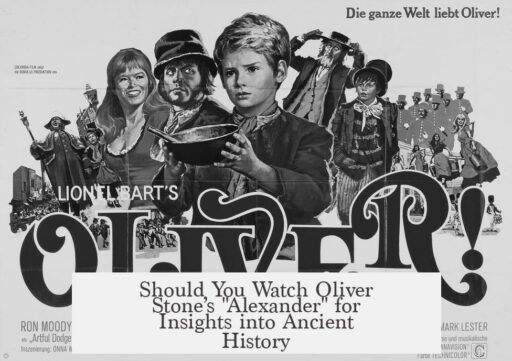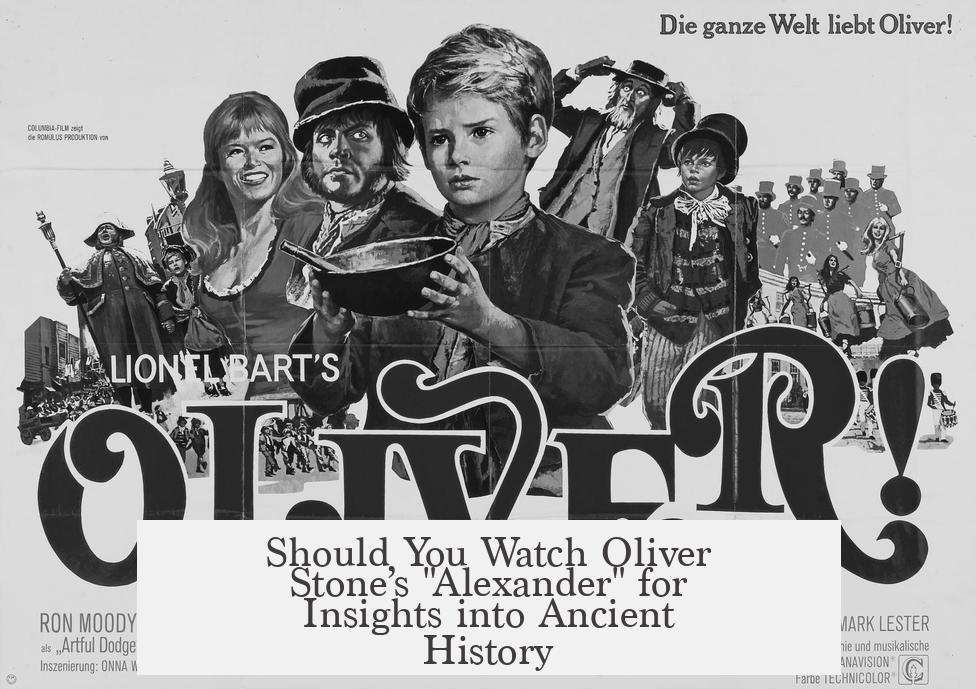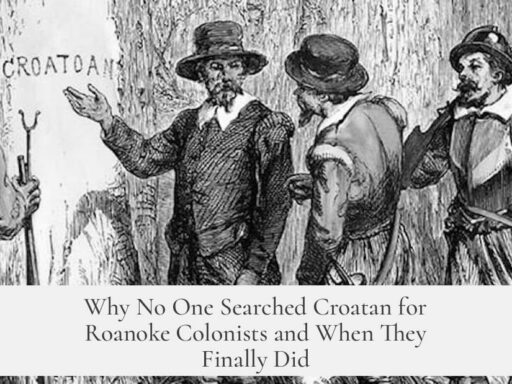The film “Alexander” by Oliver Stone is a mixed experience for those interested in Alexander the Great’s history. It has notable shortcomings in storytelling and accuracy, but offers valuable visual and cultural elements worth considering.
Many viewers find the movie too long and unfocused. It stretches over three hours with scenes that seem to ramble, leaving the characters underdeveloped. This lack of narrative tightness can frustrate those expecting a coherent and engaging biopic.
From a historical perspective, the film attempts to follow classical sources such as Arrian’s Alexander Anabasis and Plutarch’s The Life of Alexander. These sources provide the backbone for the story, including key speeches and major campaign events. However, the film condenses complex events and omits crucial background details, which dilutes the historical context. Significant inaccuracies persist:
- The Persian Army appears disorganized, contradicting historical records that show it as disciplined and structured.
- Darius III is shown as a young man, while he was likely around 50 years old during the Battle of Gaugamela.
- Olympias, Alexander’s mother, inexplicably carries a Slavic accent, which has no historical basis.
These inaccuracies highlight a pattern within the film of prioritizing drama over strict factual representation. Thus, it does not satisfy audiences seeking academically rigorous historical portrayals. Historians and purists tend to regard it with skepticism due to these deviations.
Despite this, the movie features impressive production design, with authentic Hellenistic costumes, detailed battle formations, and immersive social and religious scenes. Such visual elements are rare in film adaptations of Alexander and add cultural richness, making it appealing to viewers interested in the ancient world’s ambiance and aesthetic.
Reception varied significantly. Strict historians and general filmgoers mostly found it lacking. Yet, classicists and those familiar with Greco-Roman narrative traditions might appreciate its attempt to replicate how ancient audiences imagined Alexander’s life. It presents an adaptation filtered through the perspective of antiquity rather than modern historical consensus.
The movie’s initial theatrical release also drew criticism for its length and pacing. Oliver Stone later issued a 4.5-hour director’s cut, which some argue provides a fuller representation of his vision. This extended version might satisfy viewers wanting a deeper dive into Alexander’s campaigns and personality.
For those seriously interested in Alexander the Great, alternative resources can complement or even surpass the film’s value. The novel The Virtues of War by Steven Pressfield stands out. It offers vivid, tactical descriptions of battles and insights into Alexander’s military genius. Pressfield’s work derives from sound historical research and delivers an engaging narrative.
In summary, watching Oliver Stone’s “Alexander” depends on the viewer’s expectations:
- Expect a visually rich but narratively uneven film that blends fact with fiction.
- Do not rely on the movie for an accurate or comprehensive historical account.
- Consider the director’s cut for an extended experience of the material.
- Look elsewhere for detailed, authoritative accounts, especially novels and historical texts.
If the viewer appreciates cinematic attempts to capture the spirit of ancient narratives and the Hellenistic era’s look and feel, the film has value. For strictly factual learning or polished storytelling, it falls short.
Key takeaways:
- “Alexander” struggles with pacing, character depth, and some historical inaccuracies.
- The film visually excels in depicting Hellenistic culture and battle scenes.
- It is best suited for viewers interested in classical narratives rather than strict history.
- The director’s cut offers a more complete but lengthy version of Stone’s vision.
- For a deeper historical understanding, novels like Steven Pressfield’s The Virtues of War are recommended.
Should You Watch Oliver Stone’s “Alexander” If You’re Interested in That Era of History?
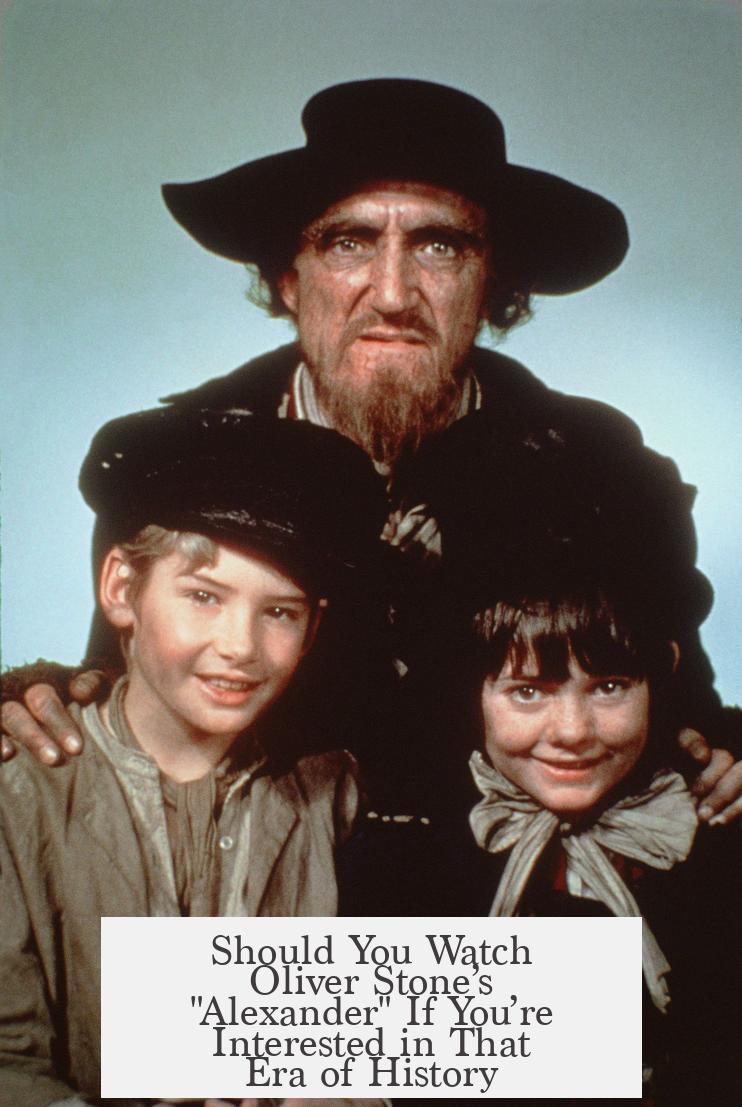
Simply put: yes, but with some caveats. Oliver Stone’s 2004 film Alexander aims to bring the epic life of Alexander the Great to the big screen. Yet, if you seek a fully accurate, tightly paced historical drama, you might find yourself scratching your head or checking your watch.
The movie leans hard into the grandeur and spectacle, but it’s not without its flaws. So, what can you really expect? And should you recommend it to history buffs curious about this fascinating period? Let’s dive in.
First off, let’s address the elephant in the room: many viewers found Alexander to be a bit of a slog. The film drags, runs long, and hops around the story without fully fleshing out characters or motivations. You get glimpses of iconic moments but often without the solid backstory that makes heroes relatable or villains menacing.
Not Exactly a Tight Narrative
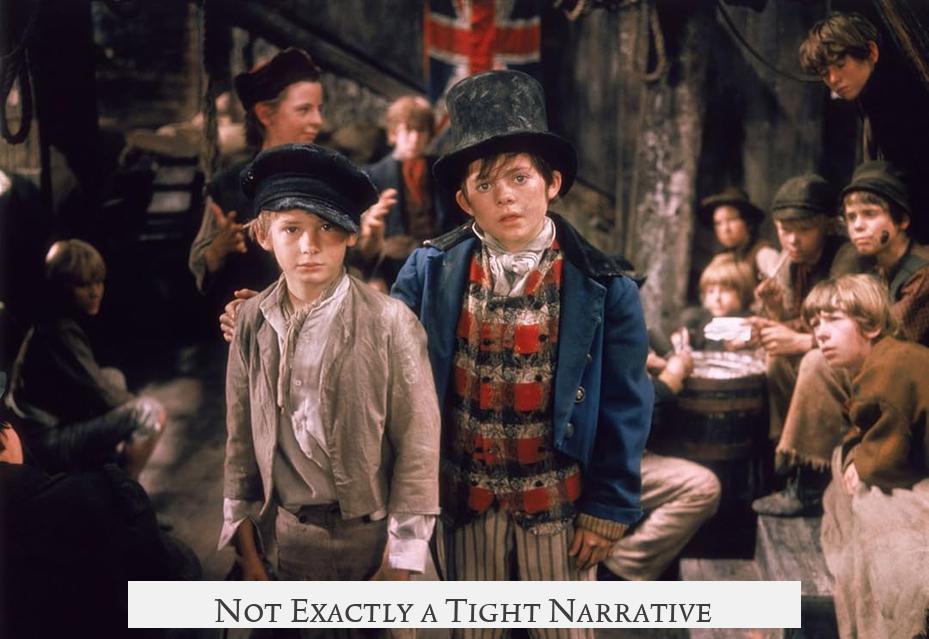
One common complaint? The movie “rambles.” It attempts to cover too many events without diving deep enough into any single one. Fans hoping for sharp character arcs or emotional depth might feel shortchanged.
Imagine watching a history lesson where your professor rushes through every battle, skipping details on group dynamics and personal struggles. That’s the vibe.
Historical Accuracy: Meh, It’s Complicated

Oliver Stone pulls from some classical sources: texts like Alexander Anabasis by Arrian and Plutarch’s The Life of Alexander. These are the big foundational accounts historians rely on, though they have their own biases and gaps.
The movie does replicate many classical scenes — speeches, dialogues, and battle formations — pretty well. Yet, it also contains absurd inaccuracies. For example, the Persian Army looks sloppy compared to their historical reputation. Darius III is oddly young for the battles. And Olympias, Alexander’s mother, bizarrely sports a Slavic accent that makes no sense historically.
So, don’t expect a documentary. The movie condenses massive campaigns and omits crucial background information. It’s a dramatic retelling inspired by history, not a precise history lesson.
Who Will Appreciate This Film?
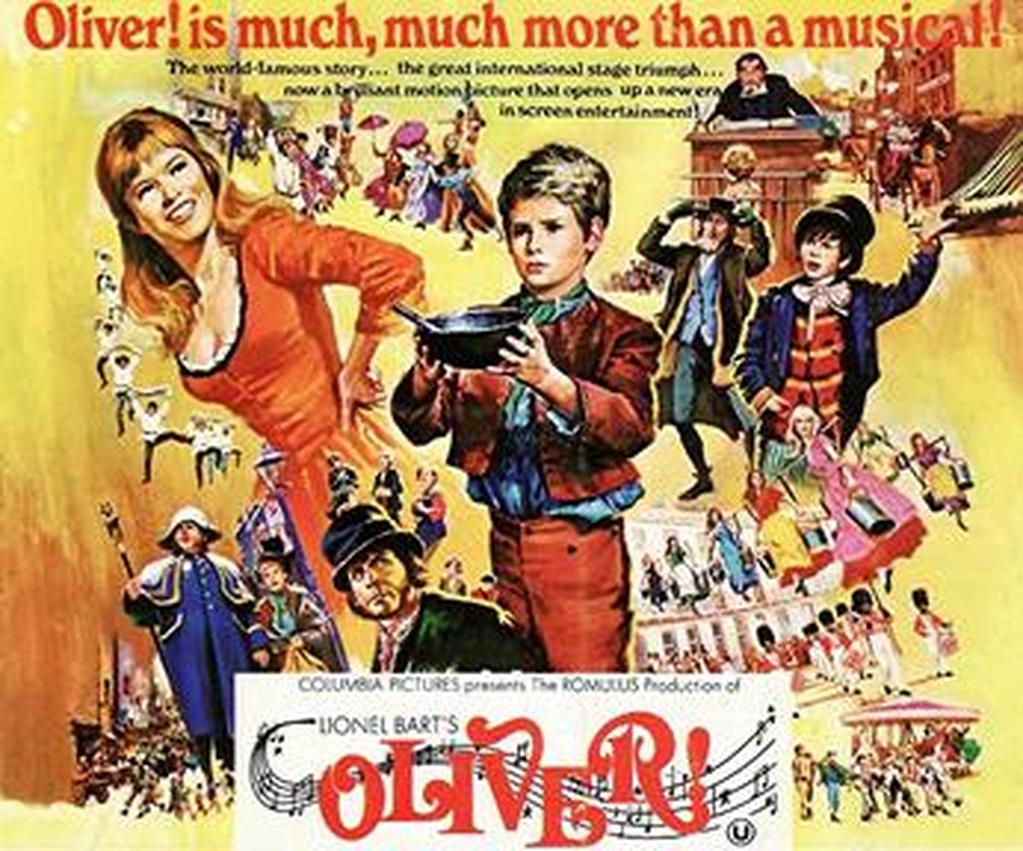
The folks most likely to enjoy Alexander aren’t casual viewers or hardcore historians per se. Instead, it’s the “Classicist types” — people familiar with Greco-Roman narrative styles and eager to see ancient texts brought to life with some flair.
If you know the original sources and can fill some gaps yourself, the movie’s portrayal of Hellenistic costumes, rituals, and battle strategies is pretty spot on. No other film has quite nailed these cultural and visual elements like this one.
Director’s Cut: The Full Epic Experience?
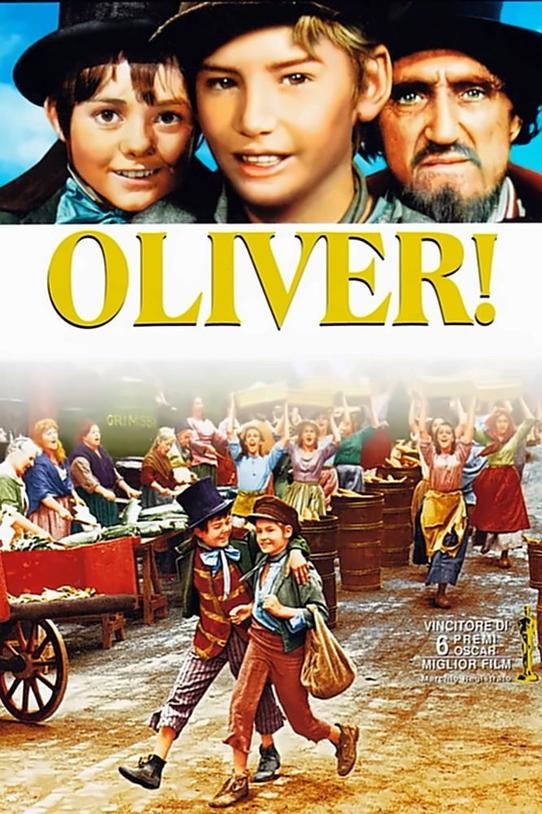
For those who truly want to dive in, Oliver Stone released a 4.5-hour director’s cut. It’s rumored to provide a broader scope and more context for what the director intended. Checking it out might be worthwhile if you want the full, unabridged vision.
Whether that longer version better resolves the movie’s pacing and storytelling issues is a question for another day.
An Alternative for Alexander Aficionados

If you want a deeper understanding of Alexander’s military genius and campaigns, a book might be a better bet. The Virtues of War by Steven Pressfield offers gritty, firsthand-style accounts from the battlefield. It’s rich with tactical detail and brings Alexander’s strategic mind to life.
This novel excels where the film falls short — in explaining how Alexander defeated larger armies and understanding his leadership style.
Final Thought
So, would I recommend watching Oliver Stone’s Alexander for someone interested in this part of history? Yes, but with a grain of salt. The film is a visually compelling but flawed rendition. It captures historical flavor and culture better than most Hollywood attempts but stretches the truth and narrative coherence.
If you’re a history lover ready to engage with its strengths and overlook its weaknesses, this could be an intriguing watch. Pair it with solid reading — maybe The Virtues of War — to get a richer, more accurate sense of Alexander’s world.
Do you value cinematic spectacle or historical precision more? That question might help you decide if this film belongs on your watchlist.
